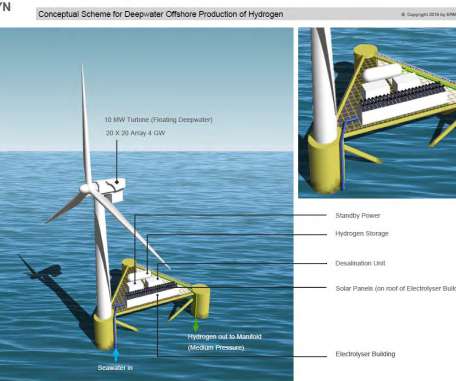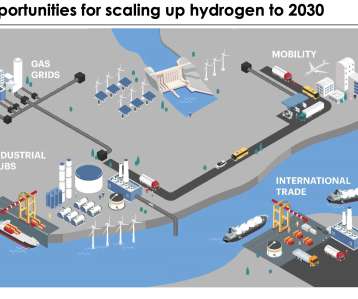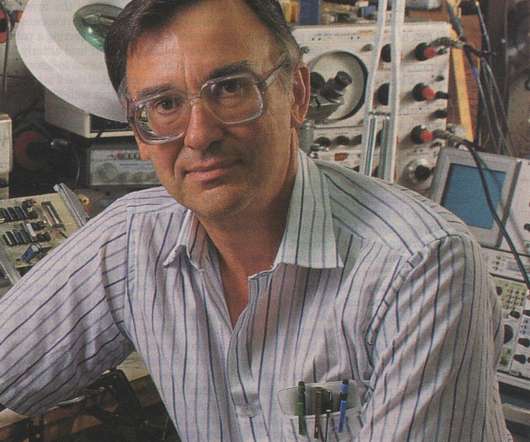GWU team demonstrates highly scalable, low-cost process for making carbon nanotube wools directly from CO2
Green Car Congress
JULY 19, 2017
Researchers at George Washington University led by Dr. Stuart Licht have demonstrated the first facile high-yield, low-energy synthesis of macroscopic length carbon nanotubes (CNTs)—carbon nanotube wool—from CO 2 using molten carbonate electrolysis ( earlier post ). —Johnson et al.

































Let's personalize your content